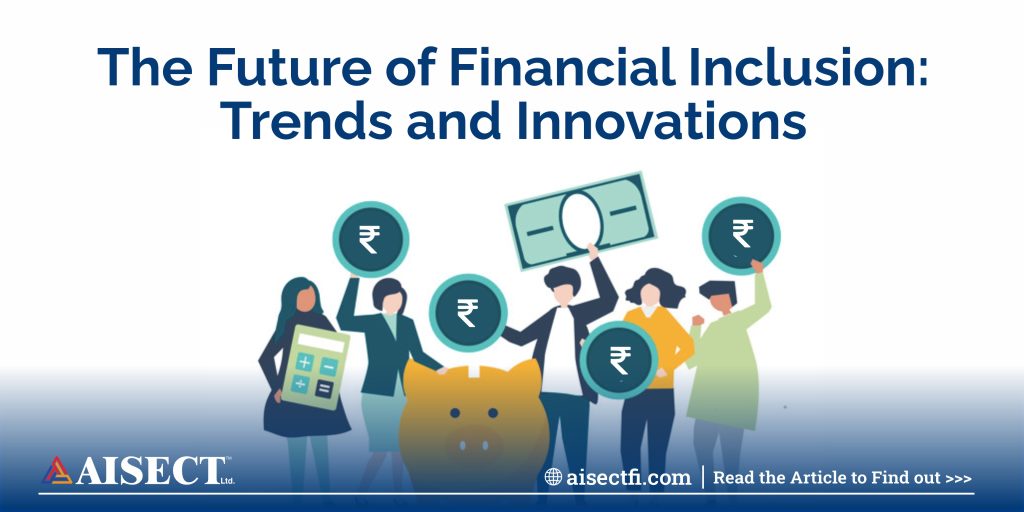
In Pakistan, financial exclusion has long been a silent barrier to progress. Millions of people earn, save, and even borrow informally-outside the reach of banks and formal institutions. This lack of access to finance is not just an economic issue; it is also a social one, keeping communities locked in cycles of poverty and limiting opportunities for growth. Today, however, a quiet revolution is underway. Digital banking and fintech platforms are breaking open the doors of financial inclusion, offering Pakistan a rare chance to leapfrog traditional barriers and build a more inclusive economy.
According to the State Bank of Pakistan, only about one-fifth of adults hold a formal bank account. This means that nearly 80 percent of working Pakistanis remain outside the banking system. Yet, almost every household has a mobile phone. This gap-between mobile penetration and financial exclusion-offers a powerful opportunity. By turning mobile devices into wallets, fintech solutions can bridge the divide and give ordinary citizens access to savings, payments, credit, and even investment options.
Traditional banks have long operated with heavy paperwork, limited branch networks, and intimidating processes. For a daily wage earner or a woman in a rural village, the idea of standing in line at a bank branch is unrealistic. Fintech firms, on the other hand, deliver services through user-friendly apps, e-wallets, and QR code payments. JazzCash, Easypaisa, and UBL Omni have already shown how accessible mobile wallets can transform daily life. With just a few taps, a shopkeeper can pay a supplier, a student can receive tuition support, and a villager can send money home from the city-without the need for a physical bank branch.
Digital finance is not only an economic tool but also a social equaliser. In Pakistan, cultural and logistical barriers often prevent women from accessing financial services. Fintech platforms give them the independence to save, transact, and even start micro-businesses without needing to travel or depend on male relatives. Similarly, for a country where two-thirds of the population is under 30, digital finance aligns perfectly with the habits and aspirations of young people. They want speed, convenience, and transparency-values that fintech naturally delivers.
One of the biggest challenges for digital banking in Pakistan is building trust. Many people hesitate to move money digitally due to fears of fraud, hidden charges, or technical failures. Strengthening cybersecurity, improving transparency in fee structures, and ensuring reliable connectivity are crucial steps. The State Bank of Pakistan has already introduced a regulatory framework for digital banks, signalling its intent to encourage innovation while safeguarding consumers. What is needed now is stricter enforcement of consumer protection laws and public awareness campaigns to reassure users that their money is safe.
For digital finance to realise its full potential, regulators and policymakers must think ahead. Tax policies should encourage innovation rather than discourage it. Start-ups need easier licensing pathways, and established banks must be incentivised to partner with fintech firms instead of competing against them. Most importantly, digital literacy programmes must accompany financial products. It is not enough to hand someone a mobile wallet; they must also understand how to use it responsibly.
Pakistan stands at a crossroads. On one hand, there is the risk of leaving millions behind in an economy that is increasingly digital. On the other, there is the chance to create a financial system that truly serves the many, not just the few. If pursued with seriousness, digital banking and fintech can expand tax collection, reduce cash dependency, empower women, create jobs, and connect Pakistan's informal economy to the formal sector.
Financial inclusion is not merely about opening accounts-it is about opening doors. Digital banking and fintech give Pakistan a chance to redefine its economic future, making finance accessible, affordable, and empowering for every citizen. The question now is not whether we can afford to adopt these innovations-it is whether we can afford to delay them.
Provided by SyndiGate Media Inc. (Syndigate.info).
Post a Comment